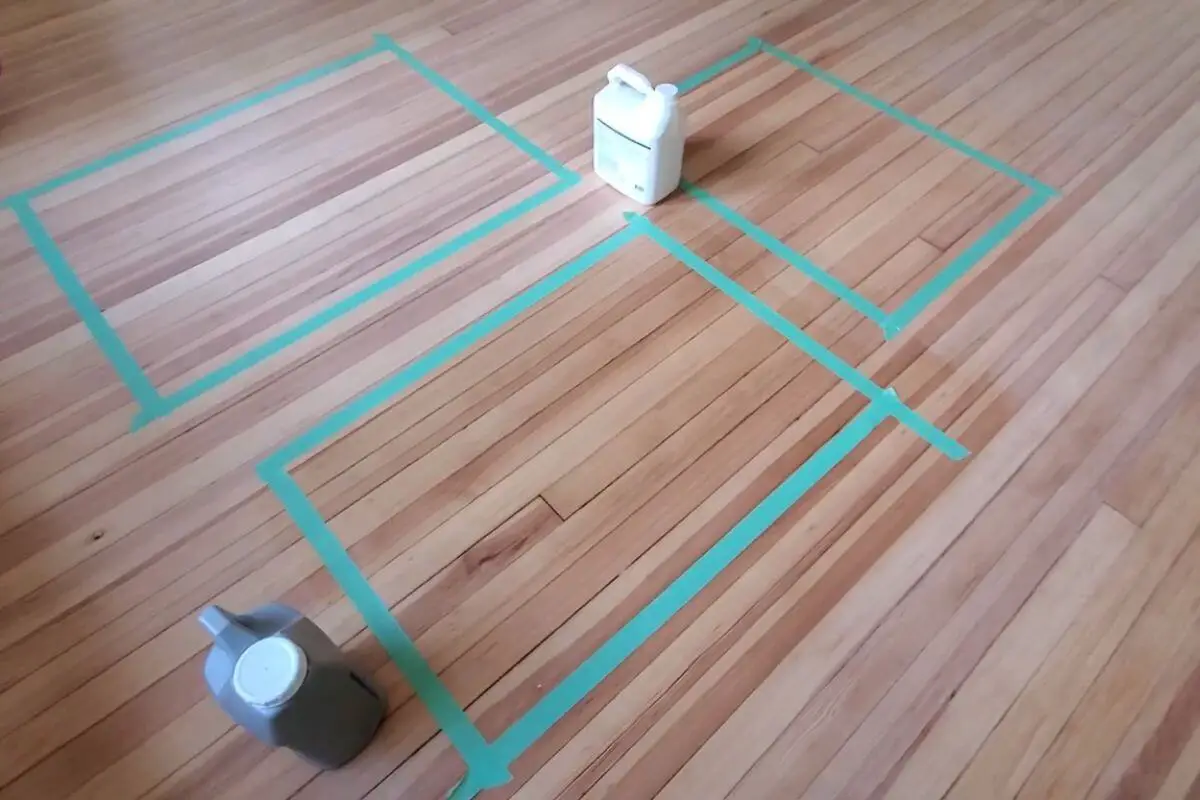When it comes to hardwood floor finishes, Bona is a popular and reputable brand known for its quality products. Two of its popular products are Bona Natural Seal and Bona Classic Seal. In this article, we’ll take a closer look at Bona Natural Seal vs Classic Seal, weighing the pros and cons of each option, to help you make an informed decision for your hardwood floors.
Introduction: The Importance of Choosing the Right Hardwood Floor Finish
Hardwood floors are a significant investment in your home, and choosing the right finish is essential to maintain their longevity and beauty. The right finish can enhance the natural grain and color of your hardwood floors while protecting them from scratches and wear. Bona Natural Seal and Bona Classic Seal are two popular options that can give your hardwood floors a beautiful and durable finish.
Bona Natural Seal
What is Bona Natural Seal?
Bona Natural Seal is a waterborne sealer that enhances the natural look of your hardwood floors. It is a clear, non-yellowing sealer that is perfect for light-colored hardwood floors or floors that have been stained with a light color. Bona Natural Seal is compatible with all Bona waterborne finishes, making it a versatile choice for various hardwood floor finishes.
Benefits of Bona Natural Seal
One of the biggest benefits of Bona Natural Seal is that it enhances the natural beauty of your hardwood floors without changing their color. It provides a clear finish that allows the natural wood grain and color to shine through, giving your floors a natural and authentic look.
Bona Natural Seal is also easy to apply and dries quickly, making it a convenient option for busy homeowners. It is a low VOC (volatile organic compound) product, which means that it has fewer harmful chemicals and is better for the environment and your health.
Drawbacks of Bona Natural Seal
One potential drawback of Bona Natural Seal is that it is not as durable as other hardwood floor finishes. It may require more frequent maintenance and touch-ups, especially in high-traffic areas. Additionally, Bona Natural Seal may not be suitable for darker hardwood floors, as it can make them appear lighter.
Bona Classic Seal
What is Bona Classic Seal?
Bona Classic Seal is a waterborne sealer that provides a classic and traditional look to your hardwood floors. It has a slight amber tint that enhances the natural wood color and provides a warm and inviting feel to your home. Bona Classic Seal is compatible with all Bona waterborne finishes, making it a versatile option for various hardwood floor finishes.

Benefits of Bona Classic Seal
One of the biggest benefits of Bona Classic Seal is that it provides a classic and timeless look to your hardwood floors. It enhances the natural wood color and provides a warm and inviting feel to your home. Bona Classic Seal is also durable and long-lasting, making it suitable for high-traffic areas.
Bona Classic Seal is also easy to apply and dries quickly, making it a convenient option for busy homeowners. It is a low VOC product, which means that it has fewer harmful chemicals and is better for the environment and your health.
Drawbacks of Bona Classic Seal
One potential drawback of Bona Classic Seal is that its amber tint can change the color of lighter hardwood floors. It may not be suitable for homeowners who want to maintain the natural color of their hardwood floors.
How to Choose Between Bona Natural Seal and Bona Classic Seal
When choosing between Bona Natural Seal and Bona Classic Seal, consider your personal preferences and the type of hardwood floors you have. If you want to maintain the natural color of your hardwood floors and enhance their natural beauty, Bona Natural Seal may be the better option. However, if you prefer a classic and traditional look with added warmth, Bona Classic Seal may be the better choice.
Consider the durability of each option and the maintenance required for your hardwood floors. If you have high-traffic areas, Bona Classic Seal may be more suitable due to its durability. However, if you prefer a low-maintenance option, Bona Natural Seal may be the better choice.
Ultimately, the decision between Bona Natural Seal and Bona Classic Seal will depend on your individual preferences and needs.
Conclusion
Bona Natural Seal and Bona Classic Seal are both quality options for hardwood floor finishes. Bona Natural Seal enhances the natural beauty of your hardwood floors without changing their color, while Bona Classic Seal provides a classic and traditional look with added warmth. When choosing between these options, consider your personal preferences, the type of hardwood floors you have, and the durability and maintenance requirements of each option.
FAQs
Can Bona Natural Seal be used on dark hardwood floors?
Yes, Bona Natural Seal can be used on dark hardwood floors. However, it may make the floors appear lighter.
Is Bona Classic Seal suitable for high-traffic areas?
Yes, Bona Classic Seal is durable and long-lasting, making it suitable for high-traffic areas.
Is Bona Natural Seal or Bona Classic Seal better for low-maintenance hardwood floors?
Bona Natural Seal may be a better option for low-maintenance hardwood floors, as it requires less maintenance than Bona Classic Seal.
Can Bona Natural Seal or Bona Classic Seal be used with other brand finishes?
No, Bona Natural Seal and Bona Classic Seal are only compatible with Bona waterborne finishes.
How often do Bona Natural Seal and Bona Classic Seal need to be reapplied?
The frequency of maintenance for Bona Natural Seal and Bona Classic Seal will depend on factors such as the amount of foot traffic and the type of hardwood floors. Generally, they may need to be reapplied every 3-5 years to maintain their appearance and durability.



